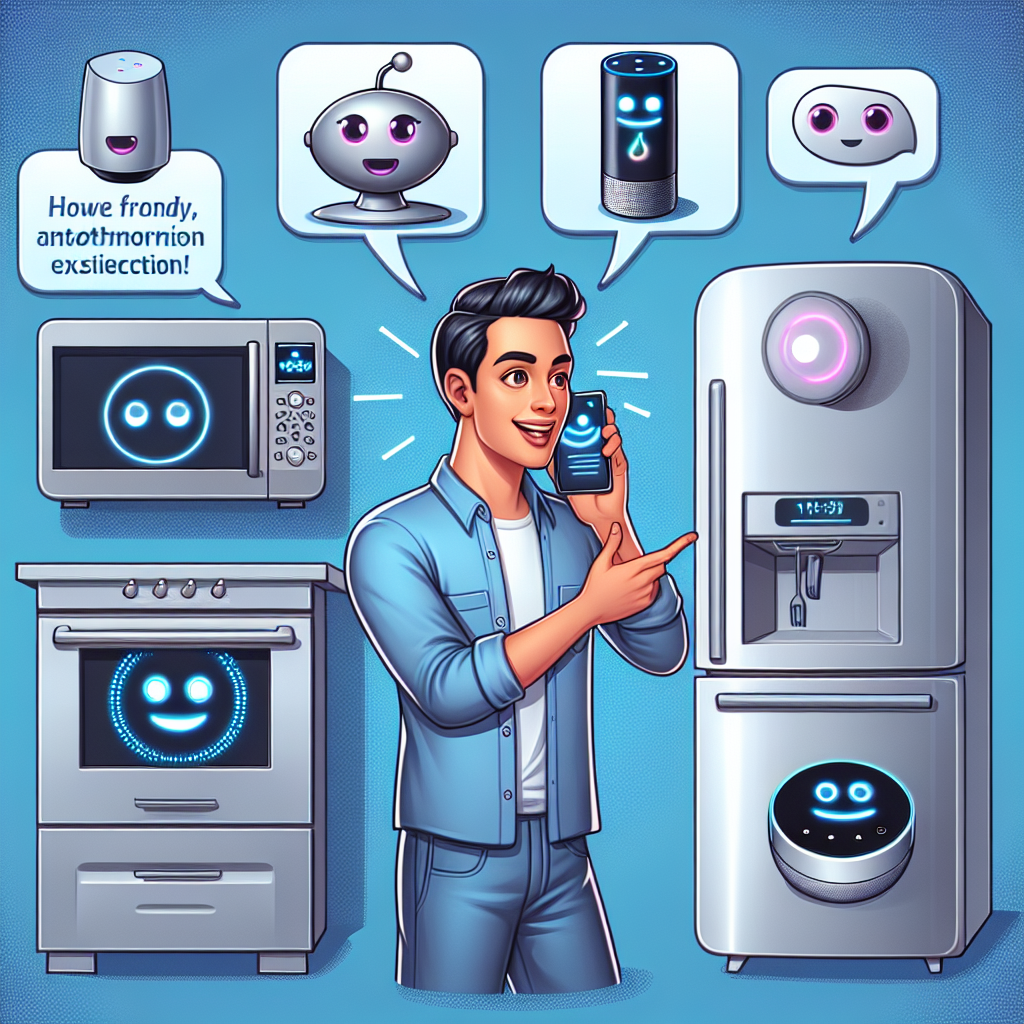The software development landscape is experiencing a seismic shift. Generative AI has emerged as a game-changing force that’s not just enhancing existing development paradigms but completely reimagining how software is conceptualized, created, and deployed. This transformation is particularly evident in the realm of Software-as-a-Service (SaaS), where AI-powered tools are democratizing access to sophisticated technological capabilities.
Generative AI is revolutionizing SaaS development by automating complex coding processes, accelerating testing cycles, and enabling rapid iterations. Unlike traditional development approaches that often require extensive coding expertise and time-intensive processes, AI SaaS Creation Platforms are making software development more accessible, efficient, and responsive to market needs.
According to recent industry reports, development teams leveraging generative AI are witnessing up to 40% faster automation of processes, allowing them to test SaaS solutions more quickly and iterate accordingly when needed. This acceleration isn’t merely about speed—it’s about unlocking new possibilities for functionality, customization, and user experience that were previously unattainable or prohibitively resource-intensive.
The Rise of Composable Applications
One of the most significant impacts of generative AI on the SaaS ecosystem is the emergence of composable applications. These modular software solutions function like digital Lego blocks, allowing businesses to assemble, disassemble, and reconfigure their tech stack according to evolving needs without disrupting existing workflows.
Composable applications facilitated by generative AI offer unprecedented flexibility in adapting to market demands. Phil Marsalona of Merkle notes that “composable generative AI solutions optimize data usage and enhance performance by creating reusable components that can be combined in various ways to perform human-like actions.” This approach enables businesses to respond more nimbly to changing market conditions without complete system overhauls.
The modular nature of these applications means organizations can select precisely the functionality they need, integrate new capabilities as they emerge, and scale specific components independently. This granular control represents a fundamental shift from monolithic software architectures that often required all-or-nothing updates and limited customization options.
For small businesses and startups, composable applications powered by AI provide the ability to compete with larger enterprises by quickly deploying sophisticated functionality without massive development resources. The flexible architecture allows for rapid pivoting and experimentation—essential capabilities in today’s fast-paced business environment.
Low-Code Platforms: Democratizing AI Application Development
Perhaps the most transformative aspect of generative AI in software development is its role in powering low-code platforms. These intuitive, visual development environments are breaking down the traditional barriers to software creation by enabling individuals without extensive coding backgrounds to build robust, functional applications.
Low-code platforms enhanced by generative AI are democratizing access to technology creation in unprecedented ways. They provide structured environments that control how AI-generated code is incorporated, making it easier to understand, debug, and evolve applications over time. This accessibility is revolutionary—turning passive technology consumers into active creators regardless of their technical expertise.
Statistics show that organizations using AI-enhanced low-code platforms report up to 60% reduction in development time and 70% decrease in technical debt compared to traditional coding approaches. This efficiency translates directly to market advantage, allowing businesses to respond more quickly to opportunities and challenges.
For individual entrepreneurs, these platforms represent a gateway to realizing innovative ideas without the need to hire development teams or learn complex programming languages. A restaurant owner, for instance, can use a low-code AI SaaS Creation Platform to develop a custom ordering system tailored precisely to their unique workflow and customer preferences—no coding knowledge required.
As one developer noted, “Generative AI streamlines the low-code development process by promoting data accuracy, improving work efficiency, and increasing productivity—essentially multiplying the capabilities of non-technical creators.”
Customizable AI Digital Workers: The New Workforce
Generative AI is also driving the development of customizable AI digital workers—intelligent software entities capable of handling complex tasks, providing insights, and assisting in decision-making processes across various industries.
These digital workers represent a paradigm shift in how we think about workplace automation. Unlike traditional software that requires explicit programming for each function, AI digital workers can observe, learn, and adapt to new scenarios, making them versatile additions to any workflow. They can process unstructured data, recognize patterns, and provide contextually relevant assistance that meaningfully augments human capabilities.
In healthcare, for example, customizable AI digital workers are helping physicians diagnose conditions more accurately by analyzing patient histories and recent medical literature. In finance, they’re monitoring transactions in real-time, flagging potential fraud, and offering investment insights based on market trends. In legal practices, they’re reviewing contracts, identifying potential issues, and suggesting revisions—all while continuously improving their performance through machine learning.
The value proposition of these digital workers extends beyond simple task automation. They serve as knowledge repositories, learning from each interaction and becoming more valuable assets over time. For businesses, this translates to preserved institutional knowledge, consistent service delivery, and the ability to scale operations without proportional increases in staffing.
Personal Use AI Products: Making Advanced Technology Accessible
The advancements in generative AI have catalyzed the development of personal use AI products that are bringing sophisticated technological capabilities into everyday contexts. These applications make advanced technology accessible to users regardless of their technical background, simplifying complex tasks and enhancing individual productivity.
From AI writing assistants that help draft emails and reports to creative tools that generate images based on text descriptions, personal use AI products are transforming how individuals interact with technology in their daily lives. These applications handle tasks that previously required specialized skills or significant time investments, freeing users to focus on higher-value activities.
Consider the case of a small business owner who uses an AI-powered design tool to create marketing materials. Without graphic design training, they can generate professional-quality visuals by simply describing what they want. Or the student who uses an AI research assistant to help organize notes and identify key concepts from lecture recordings. These scenarios illustrate how personal use AI products are leveling the playing field and expanding capabilities for individual users.
The accessibility of these tools, often requiring minimal technical knowledge to operate, represents a democratization of technology that aligns perfectly with the vision of platforms like Zygote.AI. By making powerful AI capabilities available through intuitive interfaces, these products are expanding what’s possible for everyday users.
Marketplace for AI-Powered Products: Fostering Innovation
As generative AI continues to lower the barriers to software creation, a vibrant marketplace for AI-powered products is emerging. This ecosystem allows developers and creators to share and sell their AI applications, creating new economic opportunities while accelerating innovation through community collaboration.
This marketplace model transforms the traditional software development paradigm by enabling a broader range of creators to participate in the economy. Individual entrepreneurs with domain expertise but limited technical skills can leverage AI SaaS Creation Platforms to build specialized solutions for their industries, then monetize these creations through marketplace distribution.
The collaborative aspects of these marketplaces foster continuous improvement and innovation. When users can easily access, customize, and build upon existing AI applications, the pace of development accelerates. Solutions evolve more rapidly in response to user feedback, and specialized applications emerge to address previously underserved niches.
For small businesses, this marketplace represents an opportunity to access sophisticated AI capabilities at a fraction of the cost of custom development. Rather than building from scratch, they can purchase and customize existing solutions, significantly reducing time-to-implementation and development costs.
AI Agent Technology: Transforming Customer Service
One of the most visible applications of generative AI in SaaS solutions is the integration of AI agent technology for customer service functions. These intelligent agents can handle inquiries, provide technical support, and resolve issues with increasing sophistication and human-like interaction capabilities.
AI agents represent a significant advancement over traditional chatbots. Rather than following rigid decision trees, they leverage large language models to understand context, interpret nuanced questions, and generate helpful, conversational responses. This flexibility allows them to handle a broader range of customer interactions without human intervention, improving response times and availability.
The data suggests that businesses implementing AI agent technology are seeing average resolution times decrease by 40% while customer satisfaction scores improve by 25%. These gains stem from the agents’ ability to provide immediate responses at any time, maintain consistent service quality, and learn from each interaction to improve future performance.
For software engineers and technical professionals, AI agent technology offers a powerful tool to enhance user experience without extensive development resources. By integrating pre-built AI agents into their applications, developers can provide sophisticated support capabilities that would otherwise require significant staffing.
Accelerating Workflow Automation
Generative AI is dramatically accelerating workflow automation across industries by reducing the need for manual intervention in routine processes. This acceleration is delivering significant time savings and operational efficiencies for businesses of all sizes.
Traditional workflow automation required explicit programming for each step and decision point in a process. Generative AI transforms this paradigm by enabling systems to understand natural language descriptions of workflows and automatically generate the necessary automation logic. This capability significantly reduces the technical expertise required to implement automation while expanding the range of processes that can be automated.
Early adopters report 30-50% reductions in process completion times and up to 70% decreases in manual intervention requirements. These improvements translate directly to cost savings, increased productivity, and enhanced employee satisfaction as workers are freed from repetitive tasks to focus on more creative and strategic activities.
Zygote.AI exemplifies this vision with its development of fully automated workflows that can autonomously select topics, write content, generate illustrations, perform reviews, and publish promotional articles—all without human intervention. This capability represents the future of work, where intelligent systems handle routine tasks while humans focus on innovation and strategic direction.
The Vision of Zygote.AI: Empowering Innovation Without Coding
As an AI SaaS Creation Platform, Zygote.AI embodies the transformative potential of generative AI in software development. Its mission aligns perfectly with the trends reshaping the industry: democratizing technology creation, fostering innovation through accessible tools, and enabling non-technical users to realize their ideas.
Zygote.AI’s user-friendly low-code platform enables anyone to bring their ideas to life without specialized programming knowledge. The platform’s highly customizable AI digital workers and workflows cater to specific industry needs, ensuring that solutions are relevant and effective across diverse contexts. By building an open market for users to share and sell their AI SaaS products, Zygote.AI is creating an ecosystem that promotes continuous innovation and growth.
For individual entrepreneurs, small businesses, and technical professionals alike, platforms like Zygote.AI represent a new paradigm in software development—one where ideas can be quickly translated into functional applications without the traditional barriers of technical expertise or extensive development resources.
The ultimate vision is a future where workflow automation is so complete and accessible that anyone can create sophisticated AI applications tailored to their specific needs. This democratization of technology creation will unlock innovations from previously untapped sources, as domain experts in various fields gain the ability to create solutions for the challenges they understand best.
Generative AI is indeed flipping the script on software development, transforming it from an exclusive domain requiring specialized skills to an inclusive creative process accessible to all. As platforms like Zygote.AI continue to evolve, we can expect to see an explosion of innovation as the barriers between ideas and implementation continue to fall.









